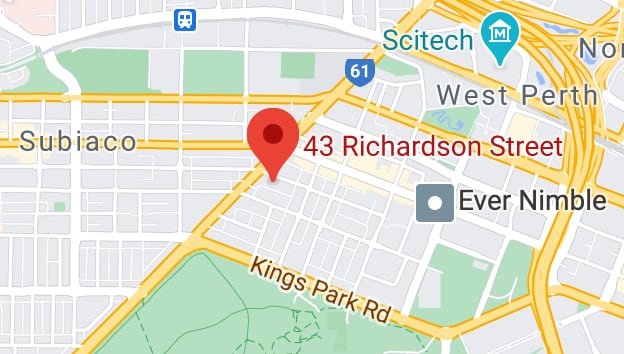Primary and Secondary Amenorrhoea
If you haven't had your period by the age of 16, then the medical term for that is Primary Amenorrhoea.
If you have been menstruating, and you don't have your period for 3 or more consecutive cycles, then it's called Secondary Amenorrhoea.
In both situations this needs medical attention and the article below will give you some more insight in the causes and potential consequences.
Primary Amenorrhoea
If, as a young girl, you never develop menstrual periods before you turn 16, and you're not pregnant, then there may be a genetic, or an anatomic condition.
If it is an anatomical problem then it could be that the uterus or reproductive tract has not been formed properly. In some cases, such as an imperforate hymen, this can be surgically corrected. In some cases this may not be surgically correctable.
The problem could be that the brain and pituitary gland are not stimulating the ovaries. It is important to get a good history and possible to do a series of blood tests and an MRI of the brain.

A rare cause is that the ovaries don’t work – this is called primary ovarian insufficiency (POI). This can be due to chromosomal causes (eg Turner syndrome) or autoimmune destruction of the ovaries.
There are a variety of ‘disorders of sexual development’ as well that can lead to this condition. It is important to work with your reproductive endocrinology specialist to tailor management to you.
As a young girl, you need a safe, nurturing environment to talk about your period or absence of menstruation. As a parent, you can count on my own experience as a specialist, as a woman, and as a mother. My first step is to make sure that we are all comfortable to talk about any type of gynaecological topic.
Secondary Amenorrhoea
If you have had your period before, and it stops for more than 3 consecutive cycles, then the most common obvious cause is pregnancy.
But there could be other causes. It may include conditions that affect your ovaries, uterus, hypothalamus or pituitary gland.
Hypogonadotrophic hypogonadism is due to the signals from the brain not occurring properly – either at the level of the ‘hypothalamus’ or at the pituitary gland. As a result of this the ovaries are not stimulated, therefore a period doesn’t happen.
The function of the hypothalamus can be affected when;
- you lose a lot of weight,
- you're emotionally or physically stressed
- you exercise in an excessive way
- you are ill.
In general, your periods could stop for a whole range of other reasons:
- disease or a tumour in the pituitary gland. More Prolactin hormone is produced and that could stop your periods.
- ovarian failure or insufficiency
- hypothyroidism
- high levels of male hormones,
- PCOS or Polycystic Ovary Syndrome
- Asherman's Syndrome:
dilatation or curettage have scarred your uterine lining and that causes a uterine disease.
Because of the complexity, and the large amount of causes in various parts of your body, it's best to see your Gynaecologist should you have any of these types of "amenorrhoea" (not getting your periods).
Menstrual Disorders in Adolescents
When you're not having your period on a regular basis, it's important to verify that you don't suffer from a Menstrual Disorder. Use the link to learn more about causes and symptoms.
Read more
Premature Ovarian Insufficiency
If your ovaries stop working properly before the age of 40, we call it Premature Ovarian Insufficiency. Click the link below for more.
Read more
Hormonal Management
In Paediatric Gynaecology, hormonal management can be used to treat menstrual disorders.
READ MORE
Dr Hunter

Request an appointment
My Practice

Dr Tamara Hunters consults at The Woom
43 Richardson St
WEST PERTH WA 6005
Call: 08 9388 7780

